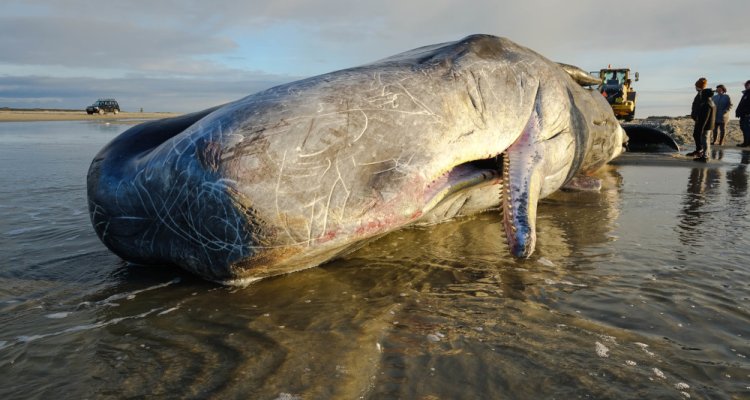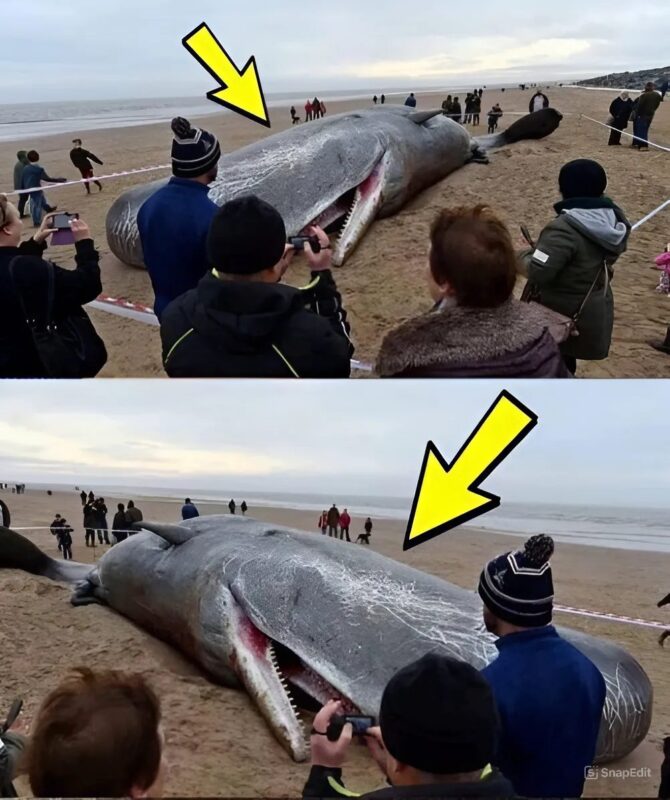When a young sperm whale washed ashore in Murcia, Spain, this year, scientists were determined to learn why it died. The 10-meter whale, found near Cabo de Palos, had over 66 pounds of plastic in its stomach, including bags, ropes, a water bottle, nets, and straw wrappers. Unlike its normal diet of squid, octopuses, and small sharks, the whale couldn’t process the trash, likely dying from a stomach blockage.

This finding shocked researchers and highlights the danger of ocean plastic. Murcia’s environment leader, Consuelo Rosauro, explained that plastic pollution threatens sea life, as animals often swallow or get stuck in debris, leading to death.

Our oceans hold 150 million tons of plastic, with 8 million tons added each year. This whale’s story is a powerful lesson for students about pollution’s impact. Scientists hope it motivates young people to fight plastic waste and protect marine ecosystems for a healthier planet.


